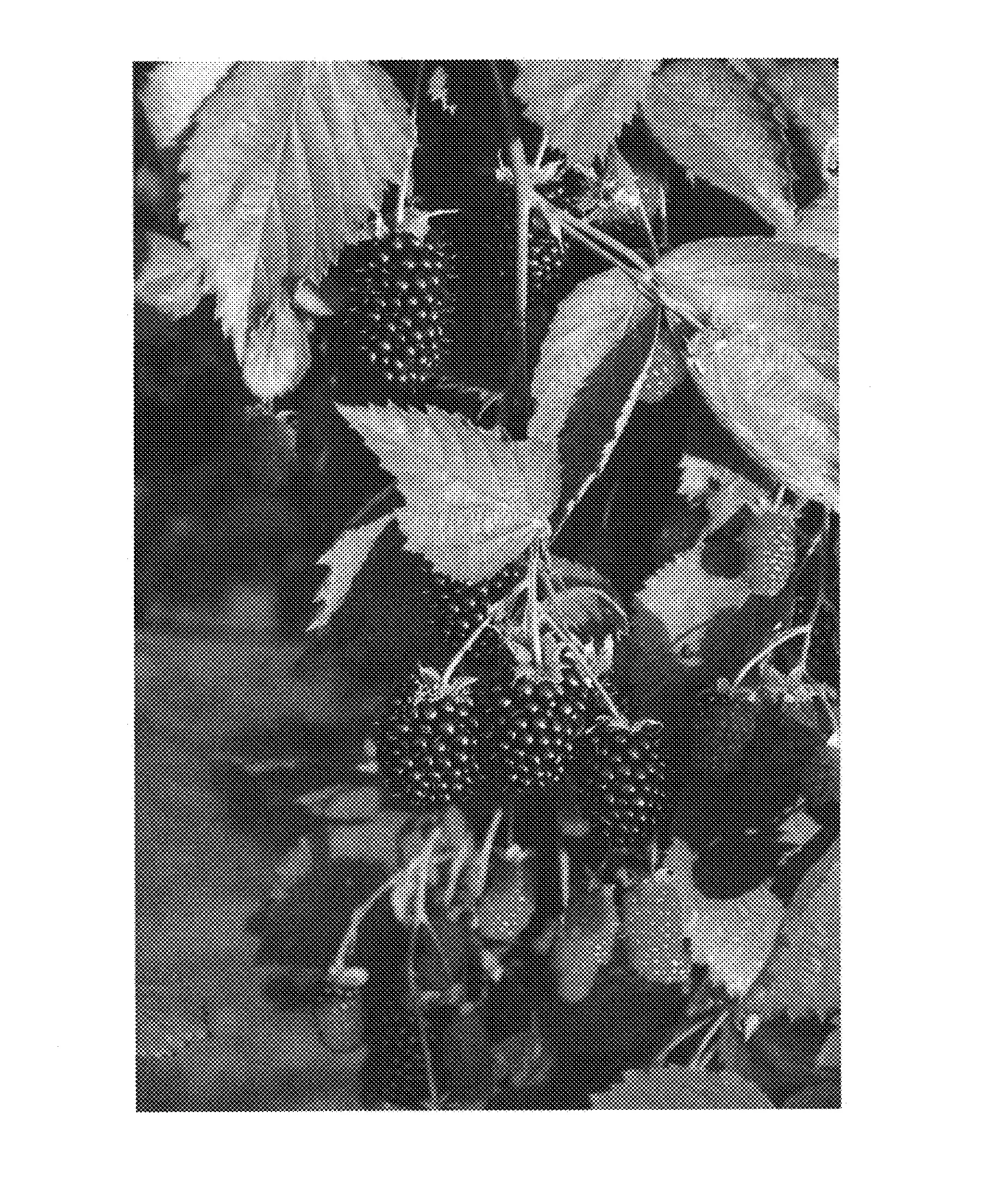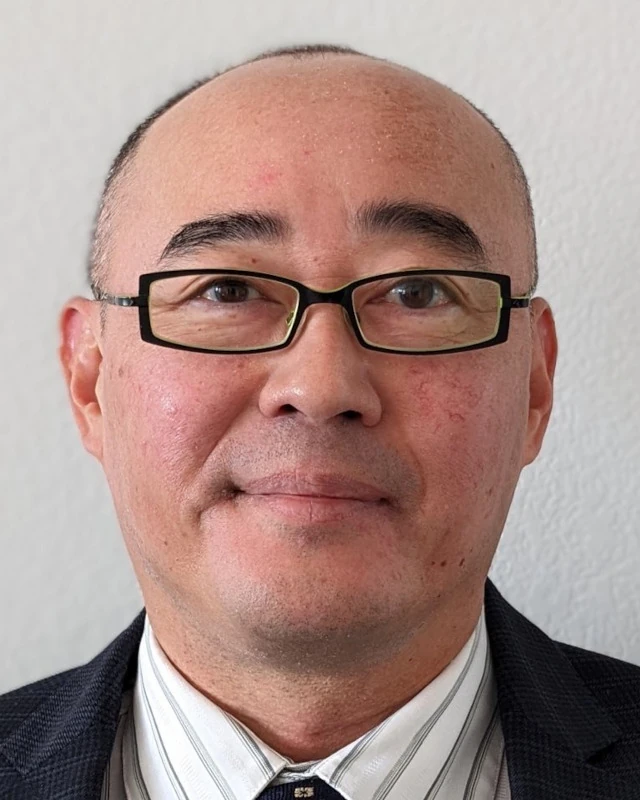U.S. Patent No. PP30,879 P2
U.S. Patent No. PP30,879 P2 (‘879) issued on September 10, 2019, for “Blackberry Plant Named ‘Twilight’.” It was issued to inventor Chad E. Finn of Corvallis, Oregon. The applicant/assignee is the U.S. Department of Agriculture, headquartered in Washington, DC. This patent is a plant patent under 35 U.S.C. §161, which protects new and distinct cultivars of plants. According to the specification, the Latin name is Rubus subg. Rubus Watson and the varietal denomination is ‘Twilight’ (MPEP 1601).
Figure 1 below illustrates the plant ‘Twilight’.
 Source: U.S. Patent No. PP30,879 P2, Sept. 10, 2019, to Chad E. Finn (inventor); U.S. Department of Agriculture (applicant/assignee)
Source: U.S. Patent No. PP30,879 P2, Sept. 10, 2019, to Chad E. Finn (inventor); U.S. Department of Agriculture (applicant/assignee)
For plant patents, the utility requirement under 35 U.S.C. §101 is replaced with distinctiveness, and the ‘872 patent’s distinctiveness over the prior art as described in the specification is shown as:
- High plant vigor compared to semi-erect blackberry ‘Loch Ness’;
- Semi-erect growth habit with thornless canes;
- Early date for 50% of ripe fruit compared to ‘Chester Thornless’ and ‘Triple Crown’, although not as early as ‘Eclipse’ or ‘Galaxy’;
- Firm fruit with abrasion-resistant, tough skin compared to ‘Triple Crown’ and ‘Chester Thornless’;
- Excellent flavor compared to ‘Chester Thornless’ and ‘Loch Ness’; and
- Larger fruit than “Chester Thornless’ and similar in size to ‘Triple Crown’.
All plant patents have a 20 year term from the filing date, and the ‘879 patent expires on August 2, 2038 (MPEP 2701).
The Cooperative Patent Classification is A01H, new plants or processes for obtaining them; plant reproduction by tissue culture techniques. namely, fruits (5/08), and angiosperms, i.e., flowering plants, characterized by their botanic taxonomy, namely, rosaceae, e.g., strawberry, pear, rose, blackberries or raspberries (6/74).
Plant patents are a unique type of patents issued by the USPTO, although only a very small number (about 1%) are actually issued each year. Keep in mind the plants not only must be distinct, but also new, which means they must invented (i.e., man-made or genetically modified), and asexually reproducible (i.e., not through seed propagation). Plant patents represent a fascinating area under U.S. patent law.
Please contact Yonaxis for more information on plant patents, or patents in general, if you have any questions.

Brent T. Yonehara
Founder & Patent Attorney
Founder Brent Yonehara brings over 20 years of strategic intellectual property experience to every client engagement. His distinguished career spans AmLaw 100 firms, specialized boutique I.P. practices, cutting-edge technology companies, and leading research universities.
More About Brent